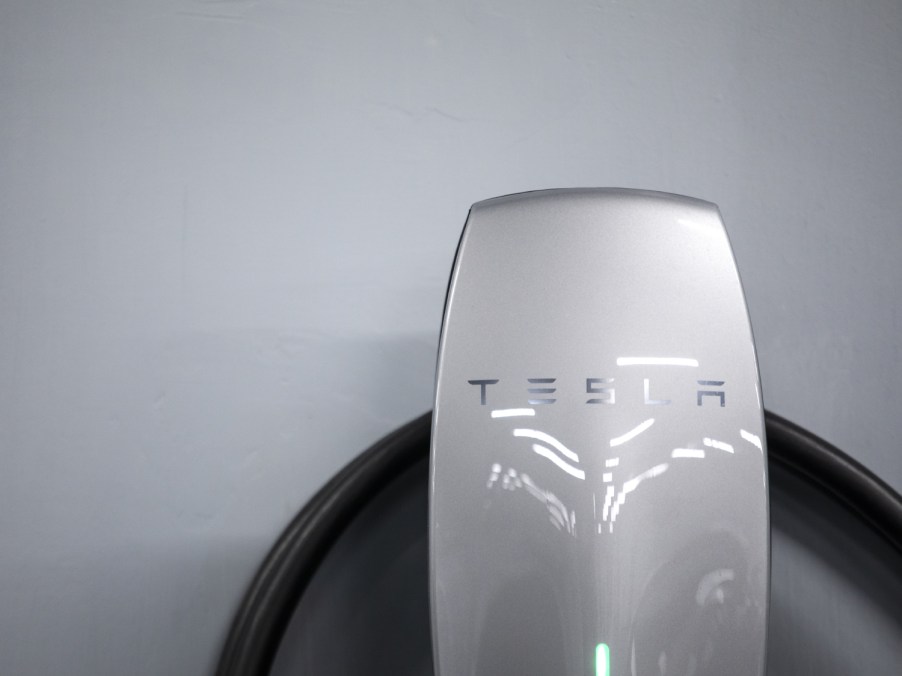
The Best Electric Vehicle Charging Solutions for Your Home
Home charging is a convenient way to prepare your electric vehicle for the next day. While there are plenty of public charging stations throughout the U.S., there are some benefits to charging your electric car at home.
First things first: find an electrician! You will likely have questions about the various voltages and amps required for your new charging adventure. Having an electrician to help find a solution is important. Depending on your home, you might not need expensive upgrades for charging.
How much does it cost to install an electric car charger in your home?

The prices of installation vary pretty widely depending on what kind of situation you have at home. If your home has an older electric situation, a home charger might require a hefty update.
Forbes notes that if you ask a local electrician to install a Level 2 charger with a 50 amp circuit, they could toss out a very high estimate (~$5,000). If your older home only has a total of 100 amps, there isn’t much room left for a 50 amp circuit.
An electrician can upgrade your service and power panel, plus add a charging plug or hardwired charger.
If your house is newer and can handle a charger’s additions, you can generally get Level 1 charging with just a standard plug (12 amps). With an eight-hour charge, you can generally get enough to drive your car around the next day. However, this might not work if you have a longer trip planned.
What is a Level 2 home charger?
Level 2 charging runs at twice the voltage as Level 1. No matter the plug, the electric car charges at 80% of the full available current, 24 amps if you have a 30 amp plug. The benefit of the 30 amp plug is that you can probably squeeze this into our current panel and save a lot.
If you opt for a 20 amp Level 2 charger, you can get about 14 miles of charge per hour. That’s around 110 miles for an eight-hour charge. This might not be an ideal situation, but Forbes estimates it could save you $3,000 by not installing a new panel.
Your electrician can install a 6-20 plug to get 240 volts at 20 amps. You can get an adapter for your car and use this method.
Another option is to replace a regular 120-volt socket with a 240-volt socket. This works for double the charging rate, as long as your wiring is rated for such a thing. Your electrician should be able to help.
What is the best home EV charger?
Installing a charger might qualify you for tax rebates or credits. Check on this before deciding on your charger. If you and your electrician have decided a home charger is a good idea, check out some of these options from Auto Guide.
The JuiceBox® Pro 40 Electric Car Smart Home Charging Station retails for $599 at Walmart. The JuiceBox is made in the U.S. and offers an app to help schedule charging when rates drop. It can be hardwired or plugged into a 14-50R outlet and adapters to work on a regular outlet.
Another option is ChargePoint Home Flex WiFi Enabled EV Charger. This one offers a $1,000 federal tax credit on the $699 cost. It offers flexible amp settings from 16 to 50 and comes in both hardwired and plugin options.
The ChargePoint charger offers 6-50 or 14-50 outlet options. The app allows you to schedule charging and pick the right amp for your home.



